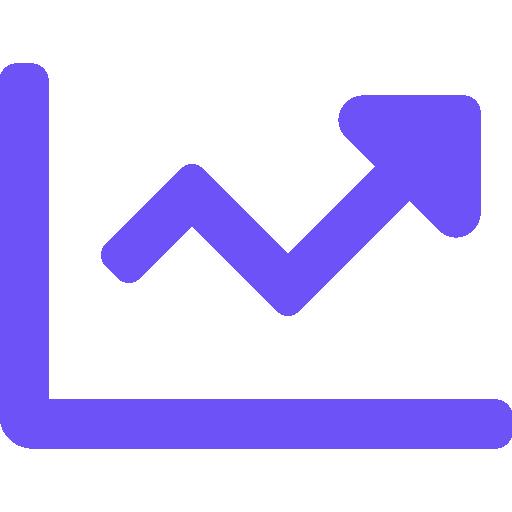What is trade receivables finance?
How does trade receivables finance work?
In trade receivables finance, a receivable purchase agreement is signed between a company and either a bank or specialist finance provider. This enables a company to access financing based on its accounts receivable.
1. Sale of goods or services and issuance of invoices (the receivables)
Receivables are created when a business accepts an order for its goods or services, dispatches the goods or performs the services, and issues an invoice requesting payment. They are due to receive payment, hence receivables.
2. Sell receivable and receive funding
The receivable is an asset that has monetary value. It will be settled when the customer makes the required payment at the invoice’s maturity date. Using receivables finance, the business can choose to sell the receivable to receive payment before this date.
3. Collect payments
On maturity of the invoice, the customer then makes payment either to the supplier of the goods/services or to the funder. This depends on the terms of the receivable finance programme. Either way, the payment received, at the term of the invoice, “extinguishes” the outstanding receivable and closes the invoice.
4. Transfer payment collections
The funder will receive the customer payment, directly or indirectly, as the new owner of the invoice.

What are the benefits of trade receivables finance?
For large companies, a trade receivables finance programme can be a great way of accessing capital without adding debt. Through the sale of your receivables, you can create a flexible, global facility that can be adapted as your business grows. This opens up many benefits, the top four are listed below:

Improved cash flow A business can receive payment for their outstanding invoices quickly, which can help improve their cash flow and provide access to working capital.

Increased flexibility Trade receivables finance can provide businesses greater flexibility when managing their cash flow, as they can manage which invoices to finance and when to do so.

Matching funding source with use The availability of funding from trade receivable finance is driven by the volume of outstanding receivables, matching availability and need for capital.

Potential for growth By improving cash flow and providing access to working capital, invoice financing can help businesses invest in growth opportunities. This could be the expansion of their operations or investment in new products or services.
What should be considered when starting a trade receivables finance programme?
Setting up a trade receivables finance programme can transform a business’ finances, before setting one up, a few considerations are essential:
Eligibility
Businesses should determine whether they meet the eligibility criteria for the programme, such as the minimum credit score and the amount of outstanding invoices.
Legal considerations
It is important to review and understand the legal terms and conditions of the receivables financing programme, including any recourse available to the financing company in the event of non-payment or default by the debtor.
Cost
Invoice financing can involve fees, interest rates, and other charges. Businesses should understand the costs associated with the programme and weigh those against the value gained.
Choosing the right funder
It is important to understand your options in terms of funders. Which is going to be most suited to your specific requirements? Which will provide funding at the best rate? Does the funder have strong experience or reputation providing funding in your sector.
Integration with existing financial systems
Businesses should ensure that the receivables financing programme can integrate with their existing financial systems, such as accounting software and banking systems.
Why run your trade receivables finance programme with Demica?




